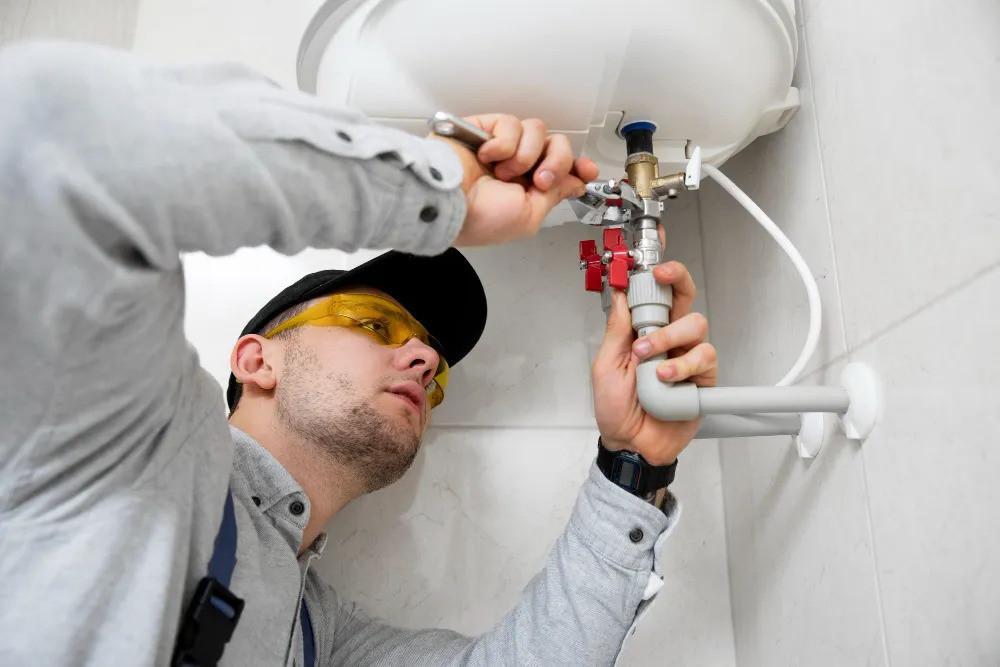Common Problems with Hot Water Cylinders and How to Repair Them
Hot water cylinders repair, essential components of many heating systems, provide the comfort of hot water for various household needs. However, like any appliance, they can encounter issues requiring repair. Understanding common problems and how to address them can ensure your hot water cylinder operates efficiently.
Common Issues and Diagnoses
Leaking Cylinder: Leaks are a prevalent issue. They can stem from loose connections, faulty valves, or corrosion. Inspect the cylinder and its fittings regularly to catch leaks early. If you notice water pooling around the base, it's crucial to address it promptly to prevent further damage and mold growth.
No Hot Water: If the cylinder isn't producing hot water, check the thermostat and heating element. A malfunctioning thermostat might need resetting or replacing. The heating element, responsible for warming the water, can also fail due to mineral buildup or wear and tear. Replacing the heating element often restores hot water supply.
Inconsistent Water Temperature: Fluctuating water temperatures can result from a failing thermostat or sediment buildup inside the cylinder. Sediment can insulate the heating element, reducing its efficiency. Flushing the cylinder periodically helps remove sediment and maintain consistent water temperatures.
Strange Noises: Rumbling or popping noises from the cylinder indicate sediment buildup. The sediment heats up and releases steam bubbles, causing noise. Flushing the cylinder can alleviate this issue, ensuring the heating element operates smoothly.
Pressure Relief Valve Issues: The pressure relief valve is a critical safety feature. If it's faulty, it can cause pressure buildup within the cylinder, leading to leaks or even explosions. Regularly check and test the valve to ensure it's functioning correctly.
Repair and Maintenance Tips
Regular Maintenance: Routine maintenance prolongs the life of your hot water cylinder. Schedule annual inspections with a professional to check for wear, leaks, and other issues. This proactive approach can prevent costly repairs and extend the lifespan of the cylinder.
Flushing the Cylinder: Flushing the cylinder removes sediment buildup, enhancing efficiency and preventing issues like inconsistent temperatures and noise. Follow the manufacturer's instructions or consult a professional to perform this task safely.
Insulating the Cylinder: Insulating the cylinder and pipes helps retain heat, reducing energy consumption and saving on utility bills. Insulation also protects the cylinder from temperature fluctuations that can cause wear over time.
Monitor the Thermostat: Regularly check the thermostat settings to ensure they're accurate. If you suspect a malfunction, consider replacing the thermostat. Keeping the thermostat in good working condition ensures consistent water temperatures and optimal performance.
Seek Professional Help: While some maintenance tasks can be DIY projects, more complex repairs should be handled by professionals. If you're unsure about diagnosing or fixing an issue, contact a licensed plumber or heating engineer. Their expertise ensures repairs are done safely and effectively.
Conclusion
Hot water cylinder repair is essential for maintaining a reliable hot water supply in your home. Understanding common issues, performing regular maintenance, and seeking professional help when needed can keep your hot water cylinder in top condition. By addressing problems promptly and ensuring proper care, you can enjoy the comfort of hot water without disruptions and extend the lifespan of your heating system.
Link - https://booktheplumber.co.uk/s....ervices/hot-water-cy


